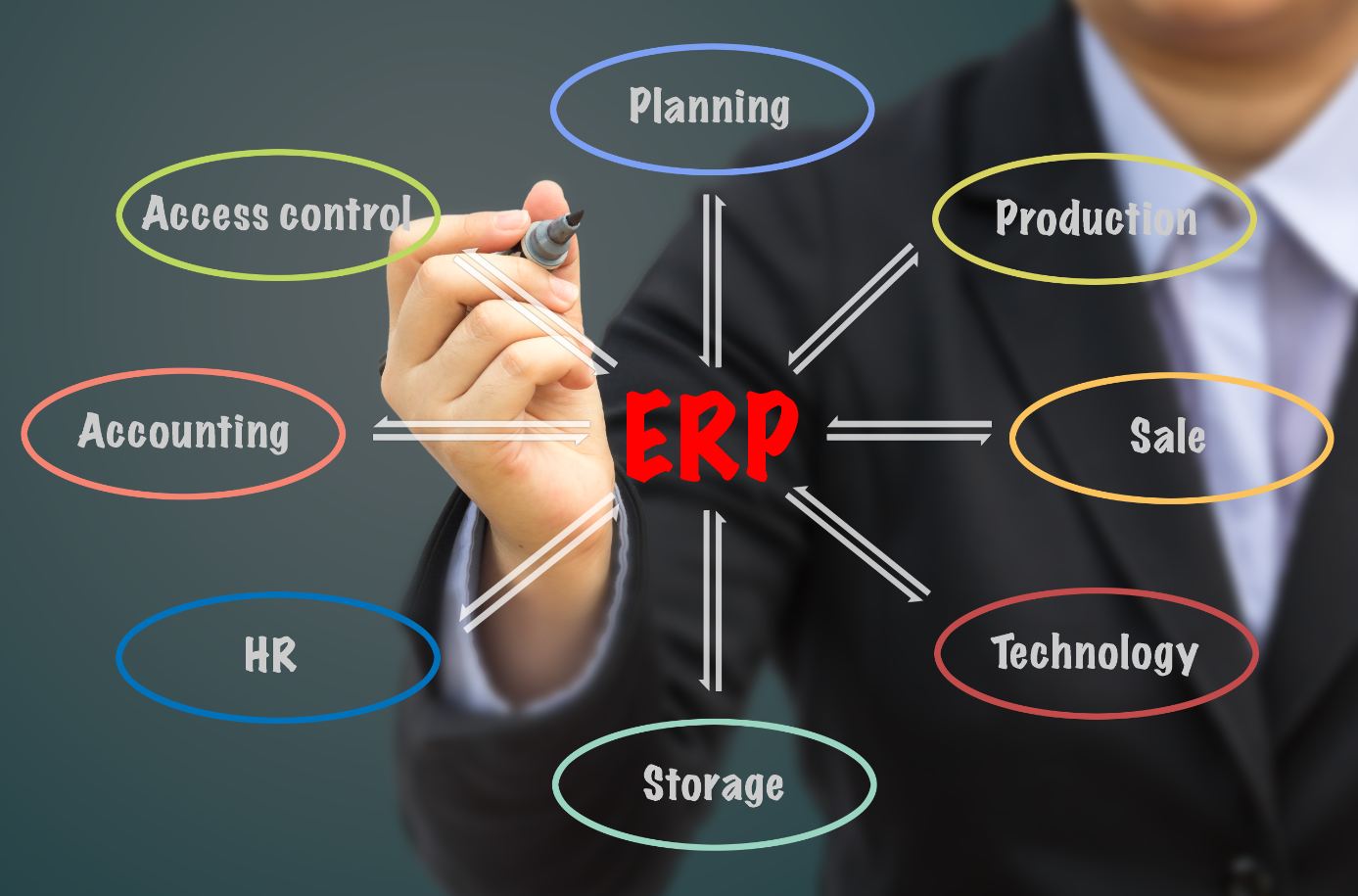The wide array of financial software today has blurred the distinction between accounting software and enterprise resource planning (ERP) solution. A lot of people use these two concepts interchangeably, but, technically, they are different.
Knowing the difference between the two may sound trivial, but it’s important for one reason: comparing apples to apples and not to oranges. If you’re unaware of the distinctions, you may be basing your buying decision by matching two different product categories and not the products themselves. Even before sorting out the different types of accounting software or choosing between industry-specific or general accounting software solution, get to know the bigger picture first–what is the difference between accounting software and ERP?
Accounting software
Predictably, accounting software deals with the financial aspect of operations by recording business transactions: AR/AP, journal entries, and general ledger utilized to produce basic financial reports like income statements and balance sheets. Due to this specified but limited focus, the accounting software market has experienced some instability with providers resorting to buyouts or ceasing operations altogether. Why?
Accounting software provides a good snapshot of a company’s financial health today but lacks the ability to anticipate tomorrow. Without data-driven forecasting, companies base business decisions primarily on SWAG (Scientific Wild Assumption Guessing) to predict supply and demand for products and services causing many to fall short of their profitability goals.
ERP Software
An ERP (Enterprise Resource Planning) system is a concept for planning and managing company resources. This system consists of an integrated programming package and multi modules designed to serve and support various functions in the company so that operational activities become more efficient and the company can provide more services for consumers. It emphasizes on planning, resource analysis, purchasing management, sales, accounting, inventory, and even human resource management such as staffing and employee payroll calculations.
In general, ERP systems can run almost all operational activities that exist within the company. Everything is run automatically and connected to each other. For example, when the accounting division creates an invoice for goods purchases, the warehousing or inventory division can see that there will be an increase in the number of items. Then, the finance division can see that there is an expense that has just increased and the accounting division can also see the published journal automatically. All reports from all divisions can be seen by corporate managers.
Is It Time to Change?
In short, ERP systems are often confused with accounting software packages, but they’re not the same thing. Accounting software packages offer a fraction of what a true ERP software can offer, and are ideal for small SMEs or start-ups that are just getting into the business.
Growing SMEs still relying on accounting software might find the software’s functionalities insufficient to meet their goals – moving to an ERP software will be the next natural step. To learn more or get some advice, you can drop us a note here, and one of our advisors will get back to you shortly.
Still unsure if there’s a need to look at ERP software? Check out our free download below which highlights real problems faced by real companies – and how they used ERP systems to make improvements.




